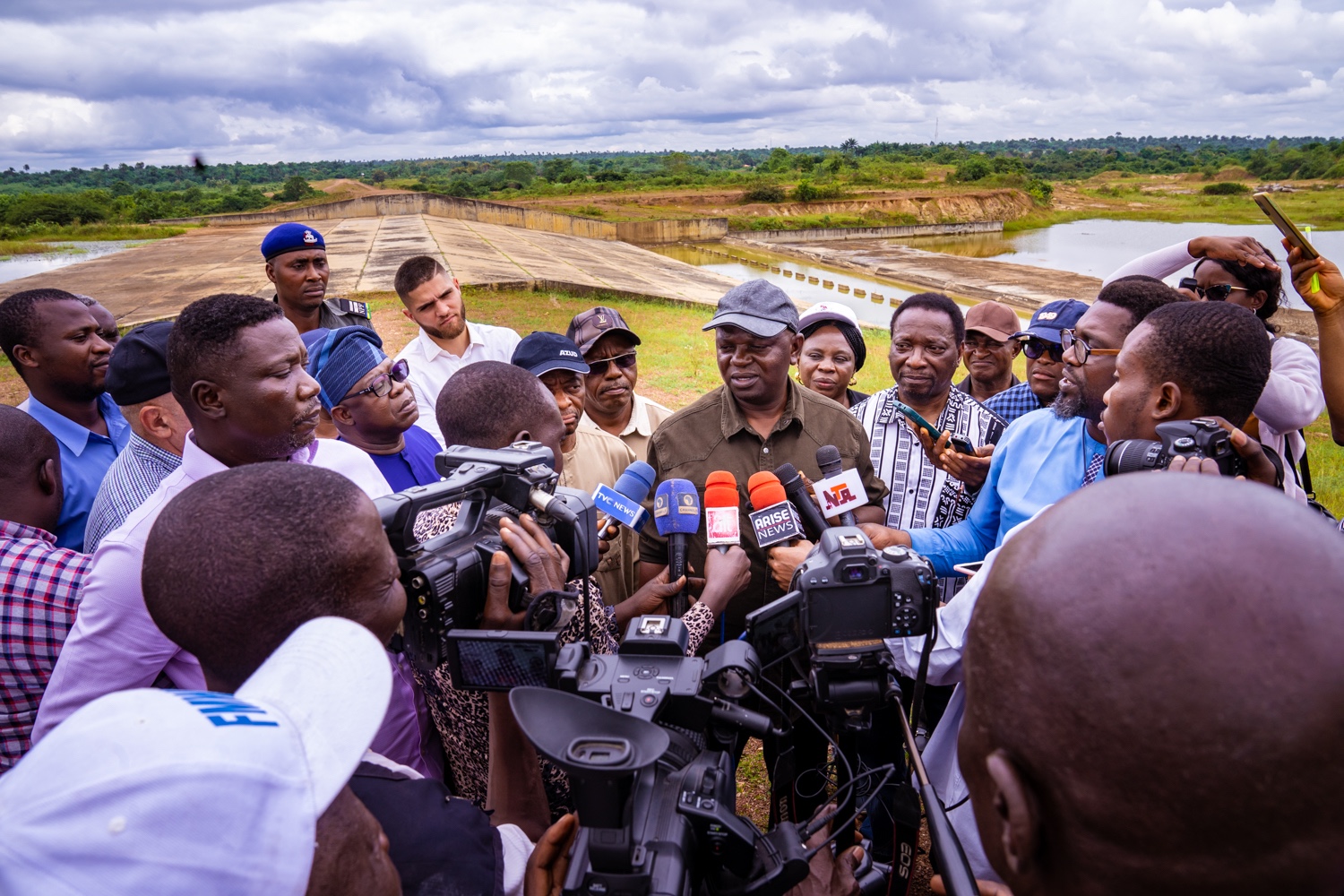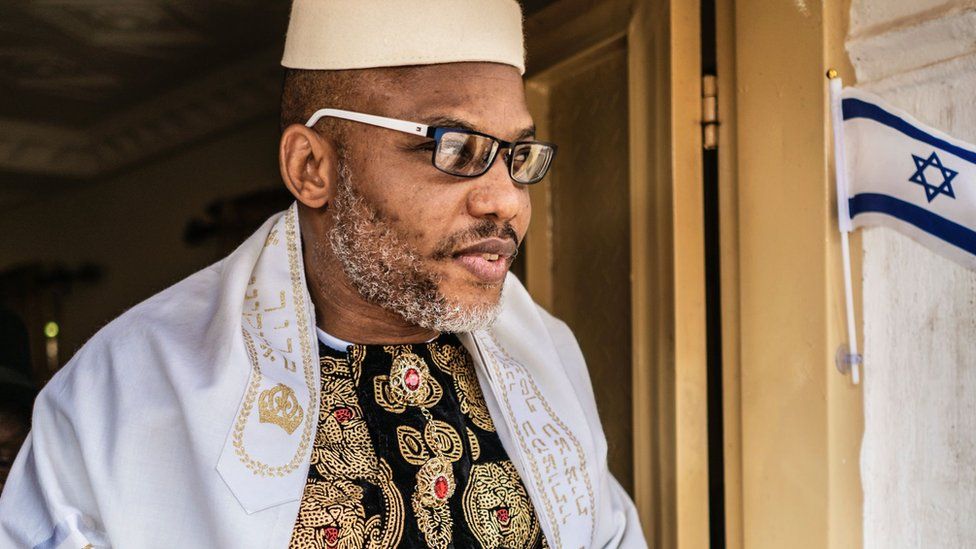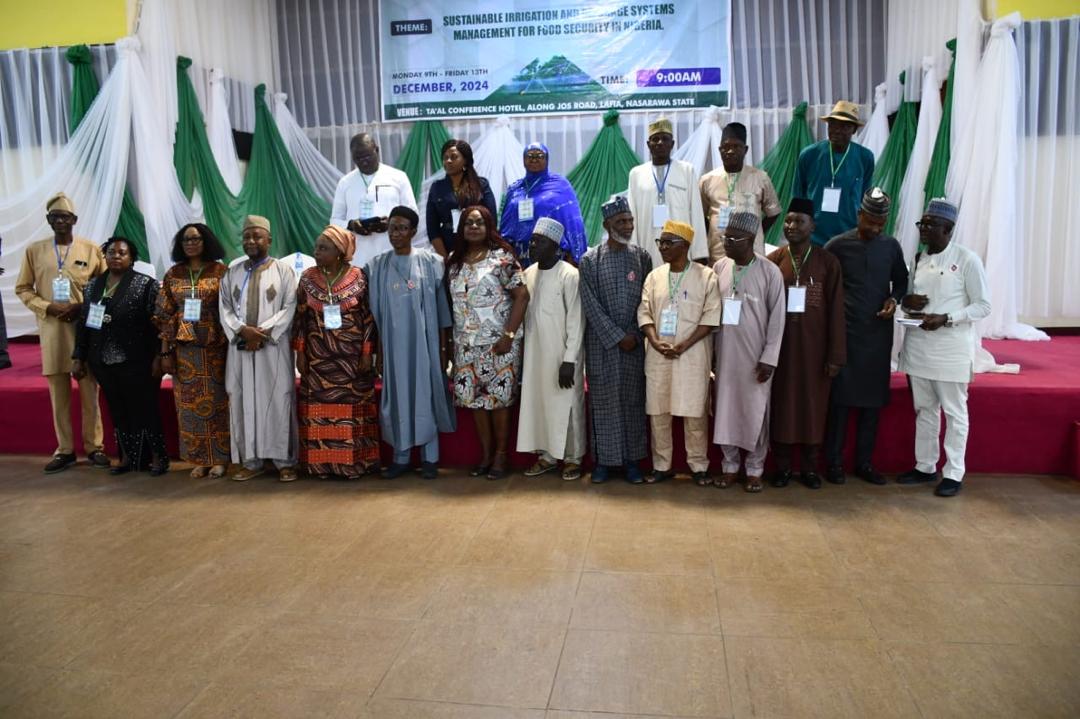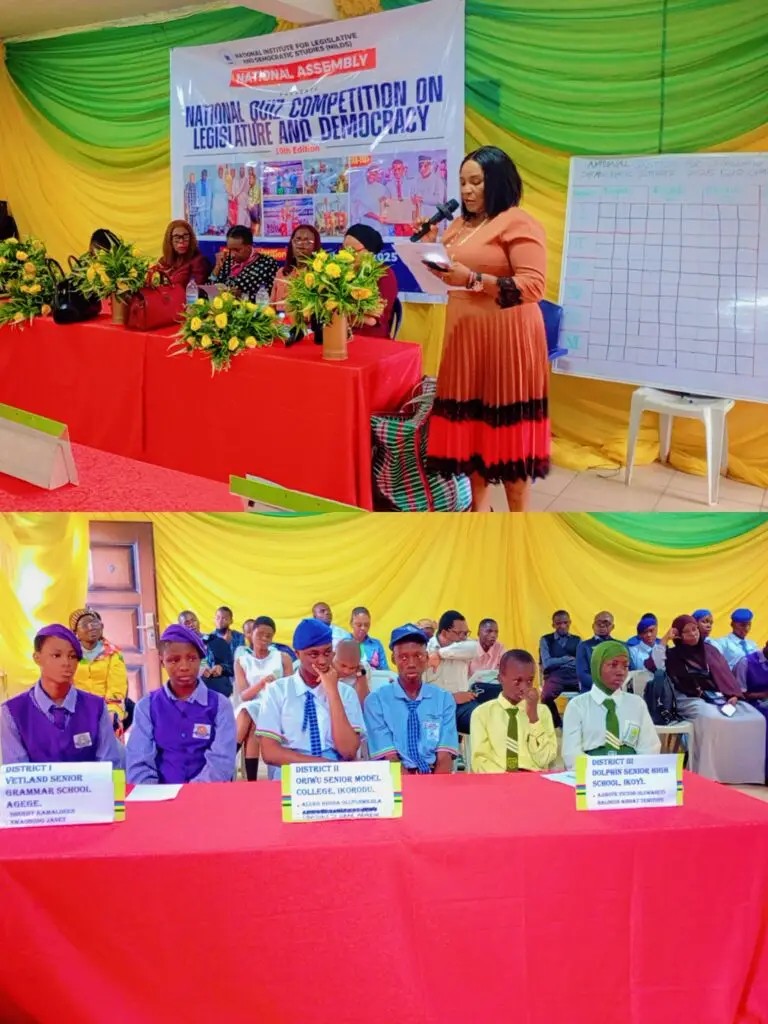Weak Institutions Threaten Africa’s Democracy – Says Toyin Falola
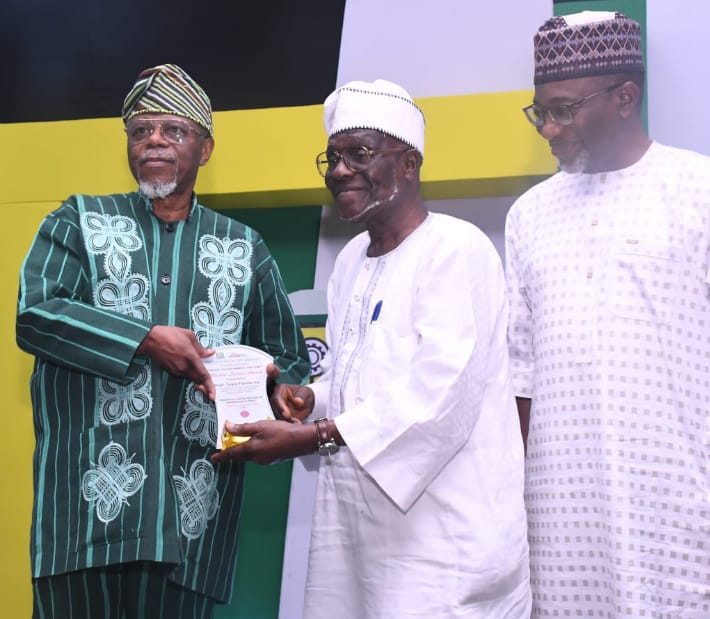
Teaching Professor at the University of Texas at Austin, Toyin Falola, has urged African nations to deepen democratic governance, strengthen public institutions, and curb corruption to secure sustainable development and social stability.
Falola made the call on Thursday at the maiden public lecture of the Hassan Sunmonu Centre for Leadership and Governance, held at the Yusuf Grillo Auditorium, Yaba College of Technology (YABATECH), Lagos. The lecture, which drew scholars, policymakers, civil society leaders and students, explored the theme: “Democracy and the Dynamics of Development in Africa.”
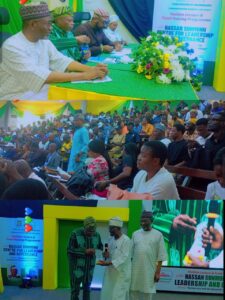
Falola, a former Vice President of UNESCO’s International Scientific Committee on the Slave Route Project, lamented that despite decades of political reforms, democracy in Africa continues to struggle under weak institutions, elite dominance, and accountability failures.
“Democracy’s survival depends on institutional reform, moral leadership, and citizen participation,” he said. “Corruption, abuse of power, and exclusion only erode public trust and undermine development.”
He noted that manipulated elections, vote buying, and ethnic politics have continued to frustrate credible governance across the continent, warning that democracy cannot thrive “where unaccountable elites capture political and economic power.”
Falola argued that for democracy to deliver meaningful progress, it must embrace justice, inclusion, and indigenous values of community participation rather than blindly adopting Western models.
“To hold elections is not the problem,” he stated. “The real challenge lies in building institutions that reflect the people’s will and guarantee accountable leadership.”
Highlighting Africa’s rich indigenous governance traditions, he said systems such as councils of elders and communal decision-making promoted social equity before colonialism disrupted local governance structures.
Falola stressed that democracy should be treated as a tool for development—one capable of promoting good governance, fighting corruption, and empowering citizens.
The event chairman, Hon. Faud Laguda, representing Surulere Constituency 1, described the lecture series as a timely intervention in Nigeria’s leadership challenges. He said the centre would support the cultivation of ethical and visionary leaders.
He urged YABATECH to collaborate with global think-tanks and governance institutions to “build a new leadership culture founded on transparency and national service.”
President of the Academic Staff Union of Universities (ASUU), Prof. Chris Piwuna, said active democracy must be anchored on transparency, courage, and teamwork. He pledged ASUU’s partnership with the centre to advance leadership development and social transformation.
Earlier, Rector of YABATECH, Dr. Ibraheem Abdul, said the Hassan Sunmonu Centre was established to promote ethical leadership rooted in competence, innovation, and integrity. He noted that the centre will drive policy research, governance training, and youth mentorship.
Nigeria Labour Congress (NLC) President, Joe Ajaero, hailed the institution for honouring Labour icon Hassan Sunmonu, who he described as “a symbol of principled leadership and public service.” He pledged the NLC’s partnership to strengthen the centre’s impact.
READ ALSO: Public Health Expert Warns Nigeria Faces Rising Threat of Hospital-Acquired Infections
Senate Passes Wildlife Protection Bill, Paves Way for Tougher Action Against Trafficking
Responding, Sunmonu said he was humbled by the recognition and called on young Africans to embrace leadership founded on honesty and collective responsibility.
“The future of this centre—and of Africa—depends on visionary leadership built on integrity,” he said. “We must mentor a new generation committed to service and justice.”


